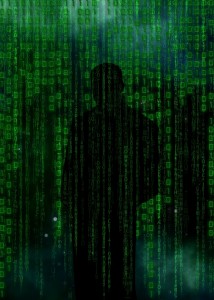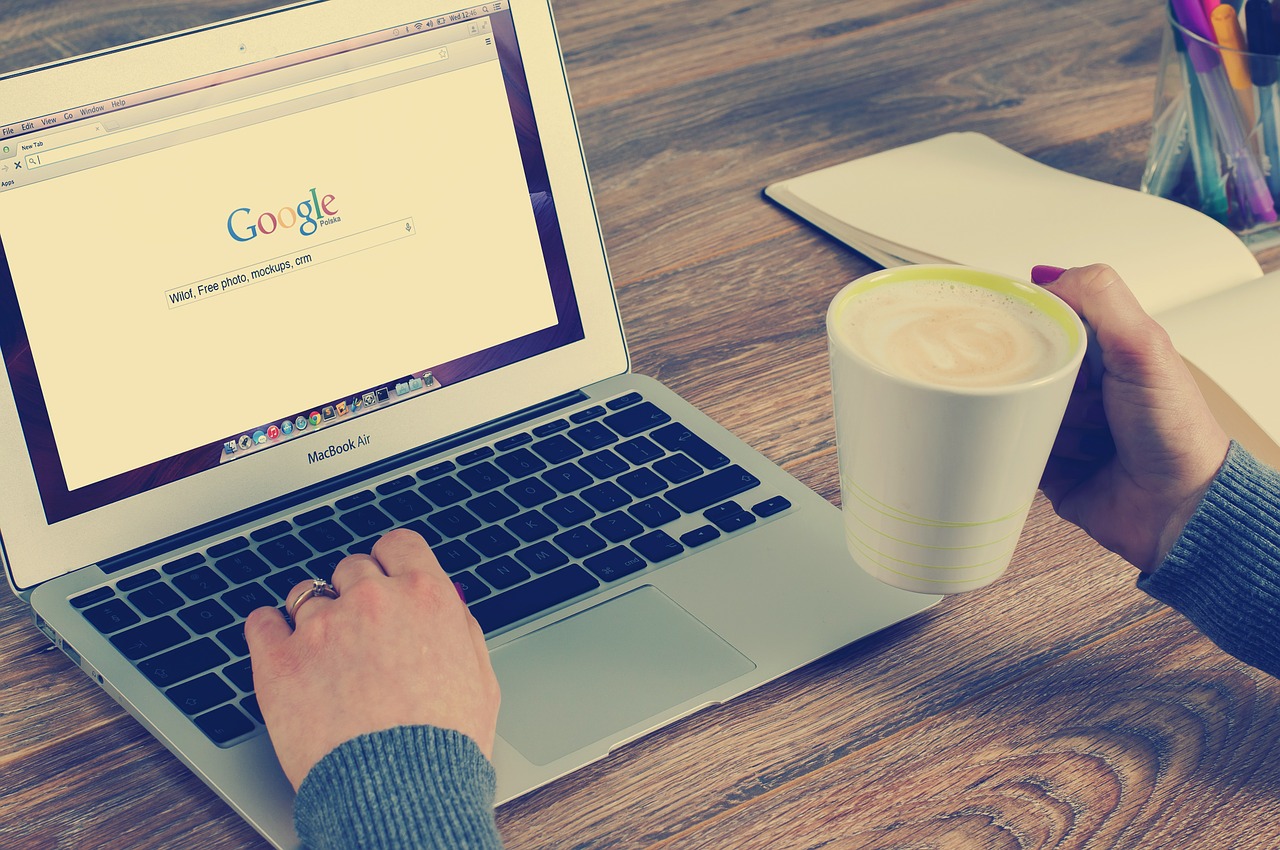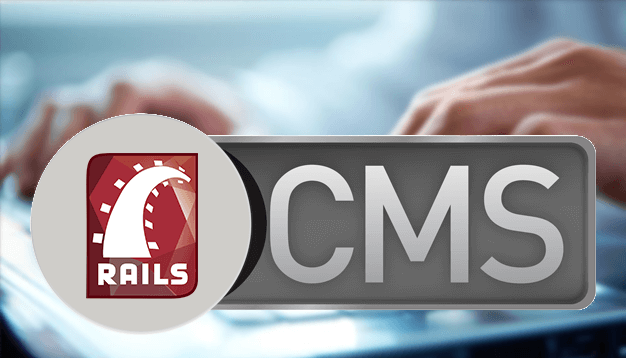With the advancement of online security, people are starting to think everything is automated and done for them. It’s time to take things into your own hands and learn the ways of staying safe online without risking the possibilities of having any information leaked to unwanted sources. In this article we will be going over a few methods you can practice to help stop online cyber-crimes.
Internet Phishing
What is it? Well phishing is a popular term used online to describe the defrauding of a possible account holder of his or her financial information while posing as a legit company. Usually the way phishing occurs is by contacting random users through unsolicited emails or misspelt websites acting as a legit organization attempting to recover certain information. All the material given to these fraudulent scams will be used to steal you identity. Some of the data they look for are:
- Social Security Numbers
- Full Names & Home Address
- Health Insurance ID Numbers
- Credit Card Numbers & Bank Accounts
Make sure to read the URL if you notice something odd about a website you usually visit. This might be a phishing website you accidentally ran into due to misspelling of the URL. Always double check, these scams are easily avoidable.
Emails & Passwords
Older forgotten emails can possibly have years of vital information stored on to them. Believe it or not but many hackers love breaking into emails due to all the easy access data. It is wise to come up with complex passwords not only for your emails but for all accounts that may contain something personal. Assuming you are like me and it can be a bit troublesome to come up with passwords, well there is a solution for that. You can check out password generators like LastPass to help you create and remember really strong passwords to help you take your ordinary password and up its security tenfold.
When browsing through emails, you might find a lot of spam this is usually categorized as unsolicited emails and may contain strange attachments. Never download any files from unknown emails as these can be viruses that strip information from you or even worse, take your computer over for ransom. Taking the time to set up email filters can actually throw all unsolicited emails away for you so you never accidentally open one up.
Virtual Private Networks
VPNs have become increasingly popular; this is due to hackers and the spread of malware. A VPN can provide you with many benefits in the long run. What a VPN essentially does is encrypt all the traffic that enters and leaves your computer, whether it is through a public Wi-Fi signal or home based broadband. With the encryption, all your information becomes unreadable and undetectable to other users.
This sort of program works great when traveling or just going out to the nearby café for lunch. Public networks are known for their lack of security and never should be connected to without taking the right procedures. The risks you take when connecting to unsecure public networks is higher than you think, there are malicious lurkers waiting and possibly stalking networks just to steal someone’s identity.
There are plenty of VPN providers out there, but do some research to help lead you in the right direction when it comes to choosing the correct VPN for you.
Anti-Virus Software
Having a strong anti-virus will help you lock out all individuals or bugs from even thinking about entering your system. Nothing gets through without your notice, and even if something happens to slip by, you can set it up to take action upon viruses automatically. Most anti-virus programs update to fight even the most recent cyber-crimes and contain logs from all bugs contained. When working with an anti-virus it is highly recommended to run it alongside other security software like virtual private networks for the ultimate security.
If you want to passively fight off cyber-attacks without having to get too in depth, this is the software for you. Remember, the more security options available, the safer your identity.
Disposing of Physical Devices
One of the biggest mistakes you can make in a physical sense that can affect you online is disposing hardware incorrectly. Most people have old devices lying around the household collecting dust waiting to get thrown away with the next garbage run. Never throw away hard drives, old cell phones, or computers without fully formatting the information. Who knows whose hands it can possibly fall into and what purpose they can use it for, it’s best to be safe.
There are plenty of guides online that can explain in more detail on how to format pc hard drives and old phone memories. You can also search your device model online for even more detail. There are plenty of old digital manuals lying around online.
Social Media Privacy
This can be a big problem for many in today’s technology driven world. It can be very hard stopping yourself from sharing details with friends and family once you get started. How many people on your friends list do you really know though? Take the time to ask yourself this question before posting private information. I’ve personally seen people post home address to events and GPS locations to their work or near-home restaurants. This type of information is golden for a predator wanting to become you. Make sure you watch how much information is really said before posting as it could be a little too much.
your friends list do you really know though? Take the time to ask yourself this question before posting private information. I’ve personally seen people post home address to events and GPS locations to their work or near-home restaurants. This type of information is golden for a predator wanting to become you. Make sure you watch how much information is really said before posting as it could be a little too much.
Turning off all GPS settings on social media sites can be a huge help in stopping identity theft or, even worse, stalker activities. Every post, whether it be a picture or text, can be set with a current location if not turned off.
I hope you were able to learn a few things from this article as I practice them in my everyday life. Staying safe online should become a habit, absorb all the information available online to make it easier on yourself.





